
Some of the key words at China's ongoing "Two Sessions" should provide us with an insight into why we should expect the Chinese economy to stay resilient despite the challenges it faces.
The "Two Sessions" are nationally important conferences of lawmakers and advisers held annually in the capital Beijing. This year the top key words include economic growth speed, services sector, jobs, supply-side structural reforms, innovation, green growth and social security. Related to these key words, there are at least six reasons why one should expect the Chinese economy to stay resilient despite complex problems.
First, China has strong employment creation. Statistics show 13.12 million jobs were created in cities last year, better than expected. The registered urban jobless rate was 4.05 percent. The target for this year is to create 10 million new jobs this year. Economists say strong employment creation means stable income for residents which, in turn, means that they have more money to spend on consumption.
Of course, it also means social stability. Moreover, it allows a slight slowdown in economic growth without too much turbulence. Second, the services sector has been growing fast to now account for slightly over 50 percent of the gross domestic product (GDP). Nicholas Lardy, a senior fellow at the U.S.-based Peterson Institute for International Economics, in a recent article highlighted the faster growth of China's services sector, compared to that of manufacturing, as a major change. It is also believed to reflect the faster growth in demand for services as people are starting to become affluent. The services sector is believed to be more labor-intense in that an equal pace of growth would help create more jobs in the cities.
Third, the living standard in China is improving. People are hard-working and increasingly well-educated. People are willing to spend on a lot of things including healthcare, housing and even the best food. The demand for better products and services in the world's most populous country is growing steadily. It is crucial that "most people in China believe that their children are going to live a better life," said Kishore Mahbubani, dean of the Lee Kuan Yew School of Public Policy, National University of Singapore. People are most willing to spend on their children's education. So is their government. This will eventually translate into rising labor productivity, an underpinning factor to sustain economic growth. China's labor productivity rose 6.6 percent year on year in 2015, suggesting workers have become more productive.
Fourth, the government is steadfastly pushing forward market-based reforms to make its economy more efficient. Interest rate liberalization was achieved last year through a dual-track reform in which competition against banks from online money market funds like Yu'e Bao grew gradually over several years. Authorities are still promoting financial market reforms, albeit prudently. The government has rolled out a plan to reduce severe overcapacity in the steel and coal sectors, though it will mean some 1.8 million jobs cut as "zombie enterprises," mostly state-owned, are allowed to go under.
Fifth, China is still rather prudent in managing its financial system risks while pushing forward the reforms. Macro-prudential financial regulation is part of the 13th Five-Year Plan, which charts the development map over the next five years. Even though the financial markets are not perfectly managed, the derivatives market is still relatively less developed in China.
Last but not least, decision-makers still have ample policy room, both monetary and fiscal, to ensure economic growth stays stable while pushing for structural reforms underpinning sustainable growth. The government expects its economy to grow between 6.5 and 7 percent this year. It needs growths to average about 6.5 percent over the next five years to double the per capita GDP from 2010. Contrary to what economists including Ben Bernanke believe, current growth, though slower than fast growth in the past, is still in line with the official forecast. China is not backing away from structural reforms.
















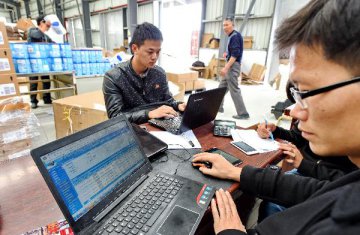
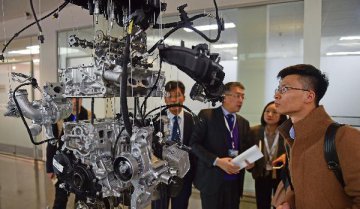
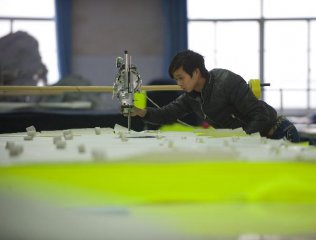
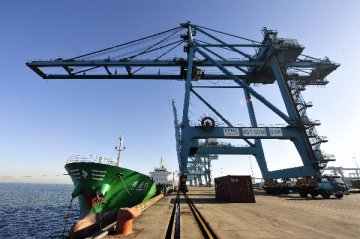
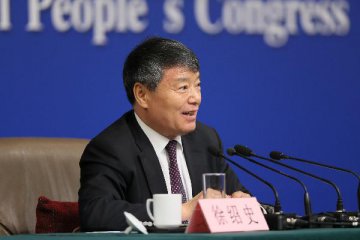



Latest comments